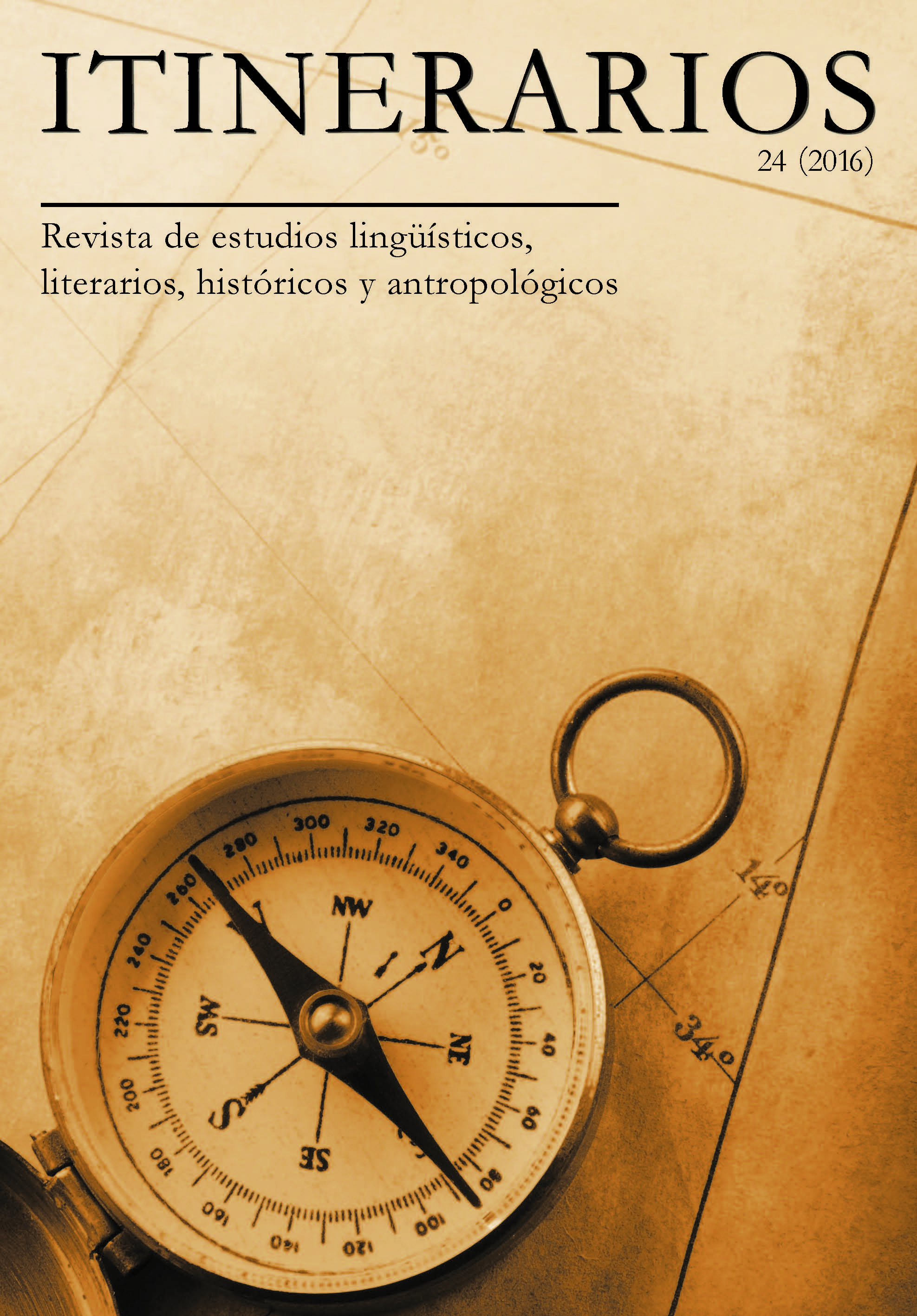O cinema e a legislação do Estado Novo: contexto e análise
Cinema and Legislation of Estado Novo: Context and Analysis
Author(s): Anna OlchówkaSubject(s): Language and Literature Studies
Published by: Instytut Studiów Iberyjskich i Iberoamerykańskich, Wydział Neofilologii, Uniwersytet Warszawski
Keywords: cinema; legislation; António Ferro; Estado Novo; Portugal
Summary/Abstract: Thanks to the efforts of Antonio Ferro, who was passionate about cinema and its ideological possibilities, the Seventh Art became one of the Portuguese New State (Estado Novo) interests in the late 30s. This fact opened the legislative process of effective control of all aspects of Portuguese cinematography. An analysis of historical and political context of that period leads to a better understanding of the complexity of the role designed for the film by state authorities and discovers the reasons behind the failure of this policy. The texts studied for this investigation are both enacted legislation acts as well as the parliamentary debates; all together, those documents part from the legislative process. The methods applied to this study are text, context and (explicit and implicit) content analysis and its interpretations. This research demonstrates that the cinematography was treated as an educational and propaganda tool, which was useful but also dangerous and, consequently, not understood as an agent of artistic expression. Some superficial attempts of film industrialization were not realized because of the characteristics and failures of Salazar’s system. The ideological and political changes of the 60s shed some light on the fiasco of the Portuguese legislation and, in fact, the weakness of the national cinema.
Journal: Itinerarios
- Issue Year: 2016
- Issue No: 24
- Page Range: 309-330
- Page Count: 22
- Language: Portuguese

